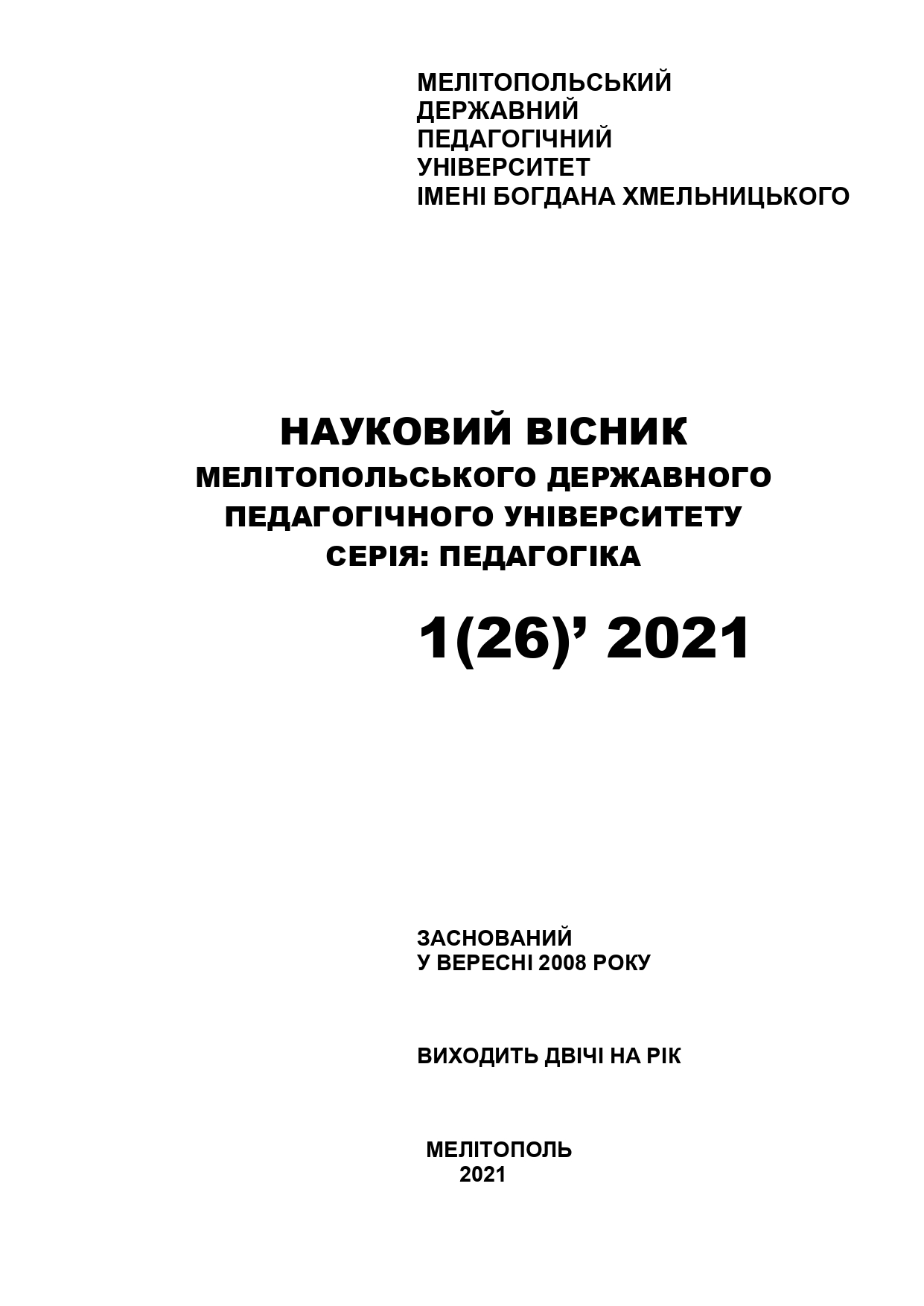An adaptive management system for a multidisciplinary institution of out-ofschool education: a theoretical aspect.
Abstract
The article reveals the adaptive management system of a multidisciplinary institution of out-ofschool education, emphasizes the need to clarify the goals (stabilization, ensuring dynamism, tracking changes, ensuring a minimum deviation in achieving effective educational outcomes), tasks, principles of the head activities. The main positions on the introduction of an adaptive management system are outlined, the roles and types of activity of the head of a multidisciplinary out-of-school education institution are highlighted. The need to introduce new approaches to the management of multidisciplinary out-ofschool education institutions, taking into account the theory of adaptive management, has been clarified. The main activities of the head of a multidisciplinary out-of-school educational institution are analyzed and it is emphasized that the adaptation and improvement of management processes should be aimed at creating innovations, which is key to ensuring quality changes in the institution to provide better educational services. The main managerial issues faced by the leader are highlighted, namely: decisionmaking in conditions of uncertainty, adaptation of educational strategy, leadership, personalization in the construction of professional competencies of teachers, prevention of group favoritism, artificial intelligence. The fact of the existence in the adaptive control system of non-programmed decisions which have differences from intuitive decisions, and also demand more time, more attention and bigger emotional pressure for their acceptance is emphasized. Emphasis is placed on the responsibility of the head of a multidisciplinary institution of out-ofschool education for decision-making, the need for the head to initiate changes, as well as the importance of developing conceptual skills, technical skills, interpersonal and business relationships.




